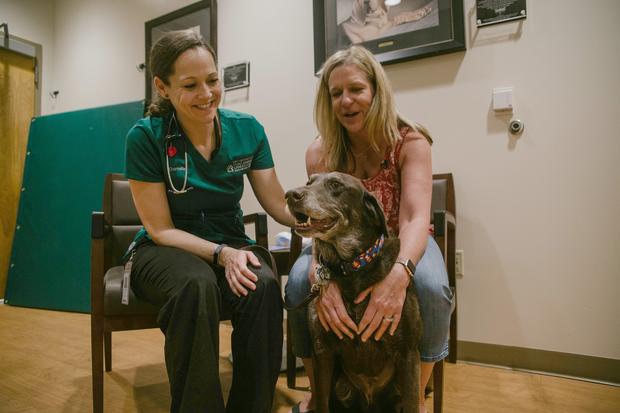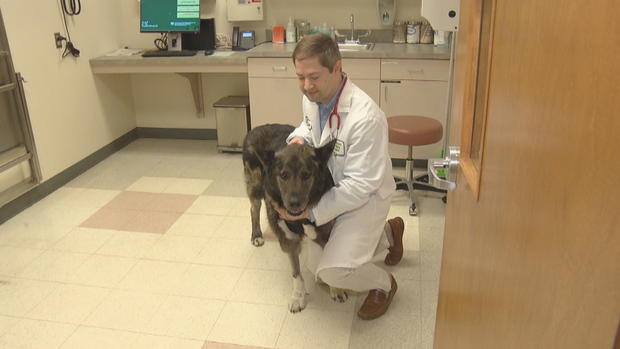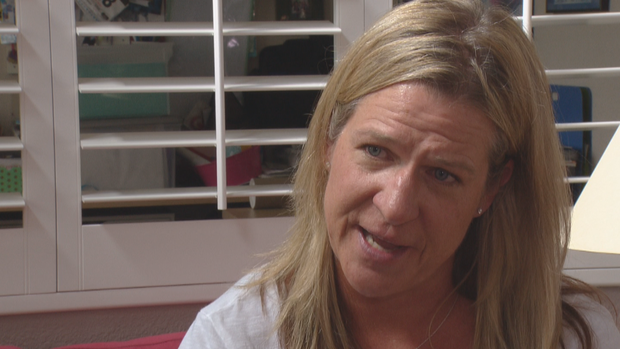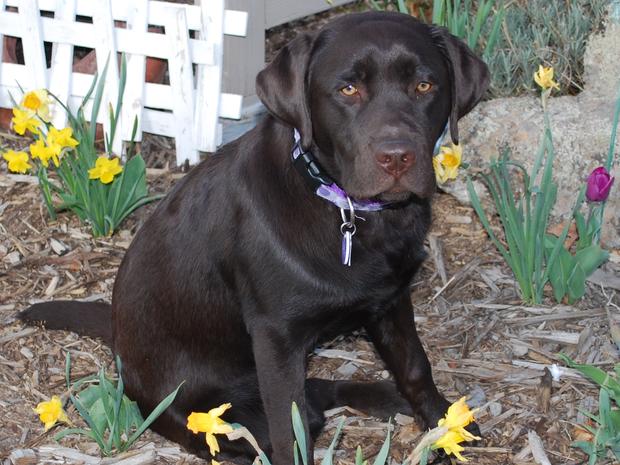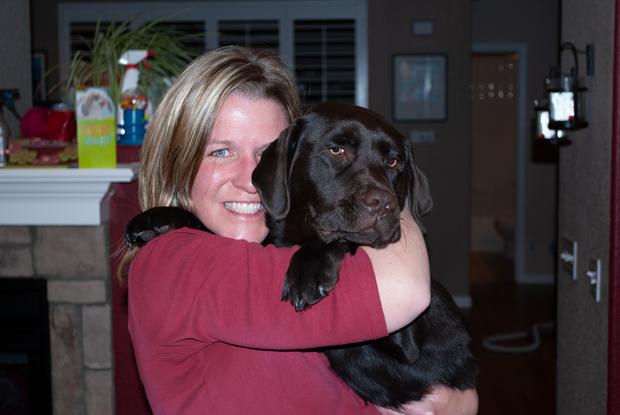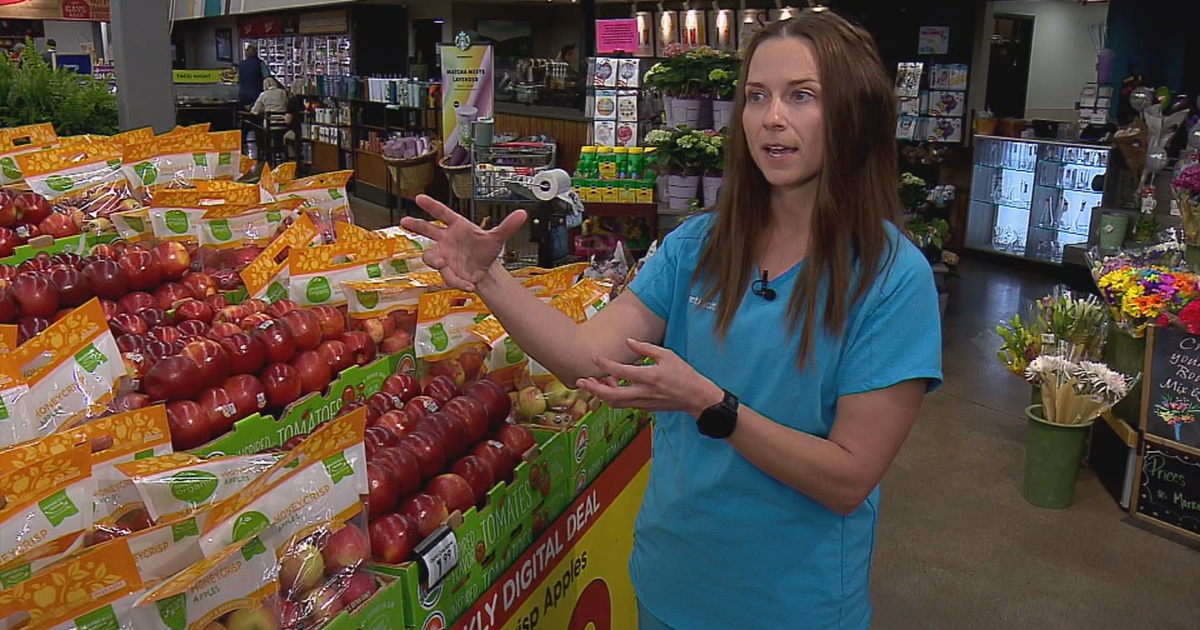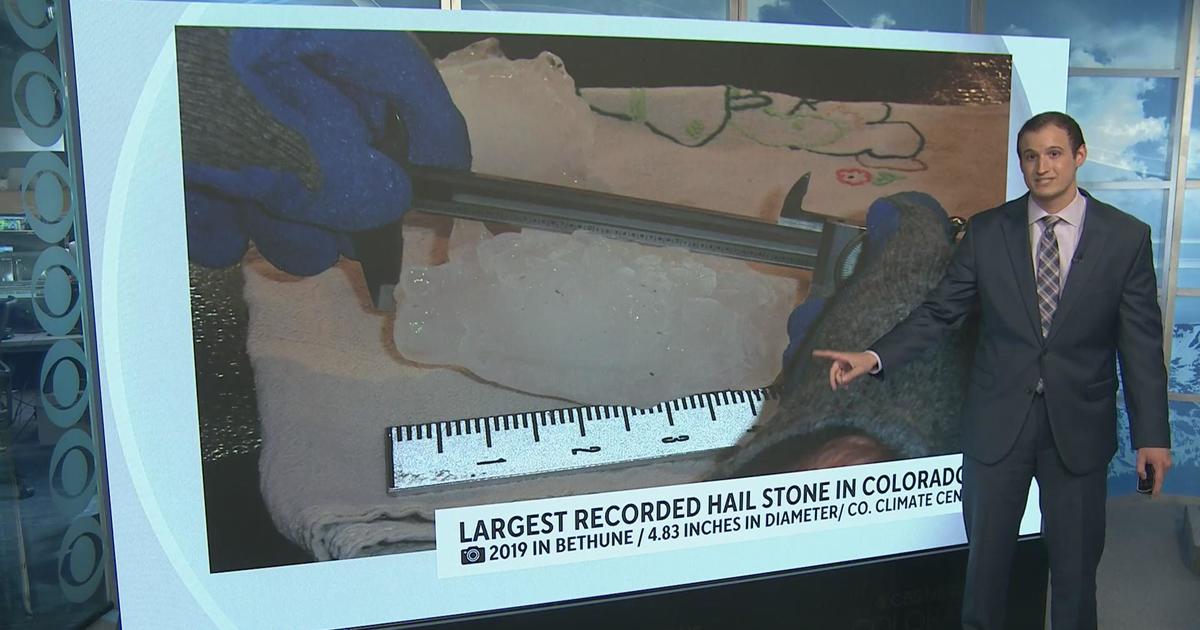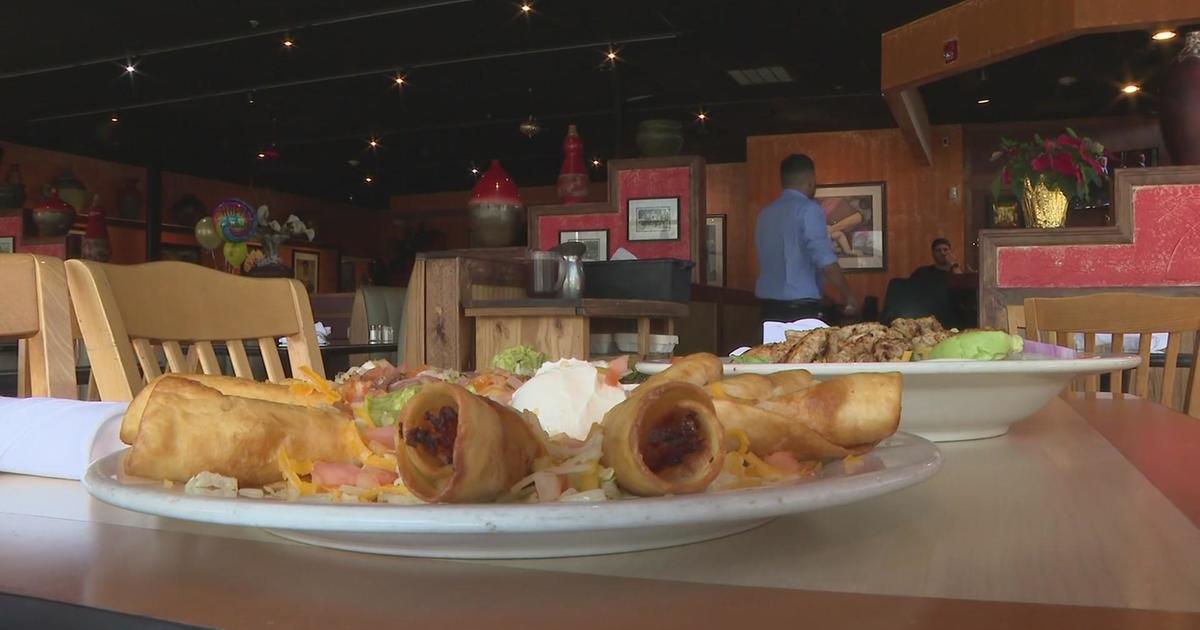CSU Looking For Qualifying Canines In Hopeful Cancer Study
HIGHLANDS RANCH, Colo. (CBS4) - Colorado State University is hoping your healthy, middle-aged pet dog would be up for helping its veterinarians with a study for a canine cancer prevention vaccine.
The study is part of the largest canine clinical trial ever conducted, and, if successful, CSU said it could potentially lead to a vaccine for humans.
"This is a critical study in the evaluation of this vaccine," Dr. Douglas Thamm, director of clinical research at the Flint Animal Cancer Center at the James L. Voss Veterinary Teaching Hospital at the university said. "While effectiveness has been shown in the lab, moving immediately to a very large, expensive and time-consuming human study is a leap that is hard to justify. Testing this approach in dogs will serve as the perfect bridge to human studies. Additionally, if it is successful, we will have a new tool for cancer prevention in our pets, potentially decades before it is available for humans."
The Vaccine Against Canine Cancer Study (VACCS) is seeking to sign up 800 dogs who live within 150 miles of one of the participating trial sites – Colorado State University, the University of Wisconsin-Madison, and the University of California-Davis.
Stephanie Foster of Highlands Ranch took CSU up on the idea and signed up her 7-year-old chocolate Labrador, Fraser. He is among the first pups receiving a series of shots – possibly placebos – over the next five years at the university.
"If Fraser can be part of a vaccine to prevent cancer, that would be amazing," Foster told CBS4's Kelly Werthmann.
Foster explained she didn't hesitate to sign up for the study because cancer has unfortunately been a big part of her life.
"I lost my father to cancer when I was 15. He had lung cancer and brain cancer," she said. "Then, when I was 38, seven years ago, I was diagnosed with breast cancer."
During her treatment, Foster said she leaned on her dog, Maple. Yet sadly, within the first year of Foster's battle, cancer struck again. This time it was the 5-year-old Labrador – Maple was diagnosed with Lymphoma.
"For [Maple] to get sick and pass away nine months later, it devastated us," Foster said, holding back tears. "She was my companion."
Maple's passing is a big reason why Foster and Fraser are taking part in VACCS. It is helping her heal and perhaps giving hope to other dog-loving families.
"I don't want people to experience the pain that we've experienced," Foster said.
Foster added she hopes other dog owners take part in the study, but there are specific requirements to do so. In order to be eligible, the canines must:
- Be between 6 and 10 years of age
- Weigh at least 10 pounds
- Have no previous cancer or other significant illness that could result in a life span of less than five years
- Have no current treatment with oral or injectable immunosuppressive medications.
Dogs must also be a specific breed on the study's list: https://www.csuanimalcancercenter.org/vaccination-against-canine-cancer-study
Canines that meet the requirements will be selected at random to receive the vaccine or placebo version, according to a news release from CSU. The dog will continue to live at home and visit the vet clinic for checkups over five years.
"Any owner whose dog develops cancer during the trial, on either the test or control arm, will be given a hospital credit that can be used for the diagnoses and treatment of their cancer," the news release said.
The new vaccine, called a multivalent frameshift peptide vaccine, was effective in mice, according to CSU's news release. It has been shown to be safe for use in companion animals.
The project is supported by a multiyear grant of $6.4 million from the Open Philanthropy Project.
